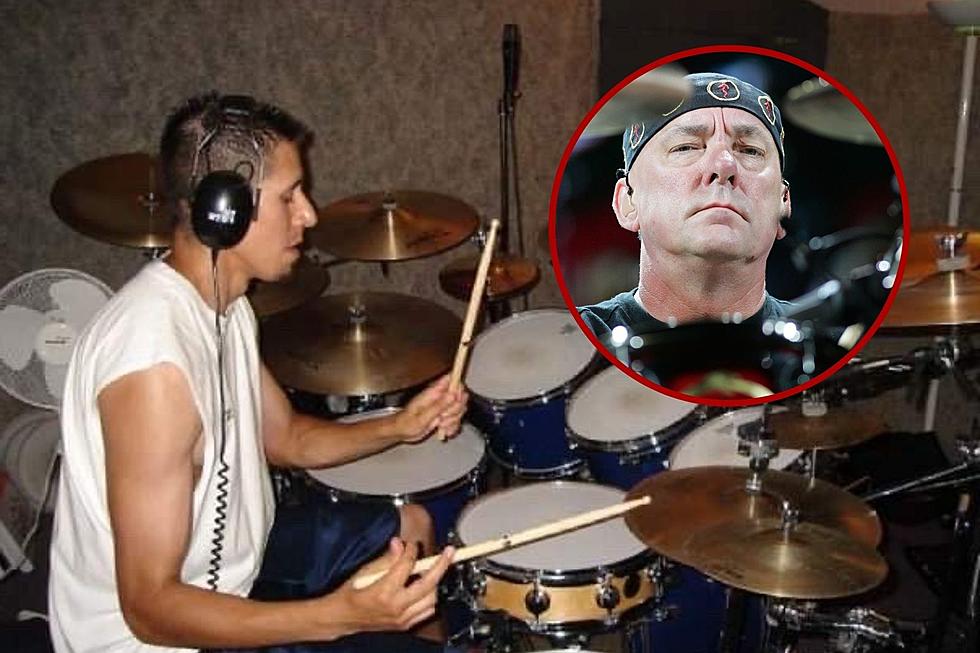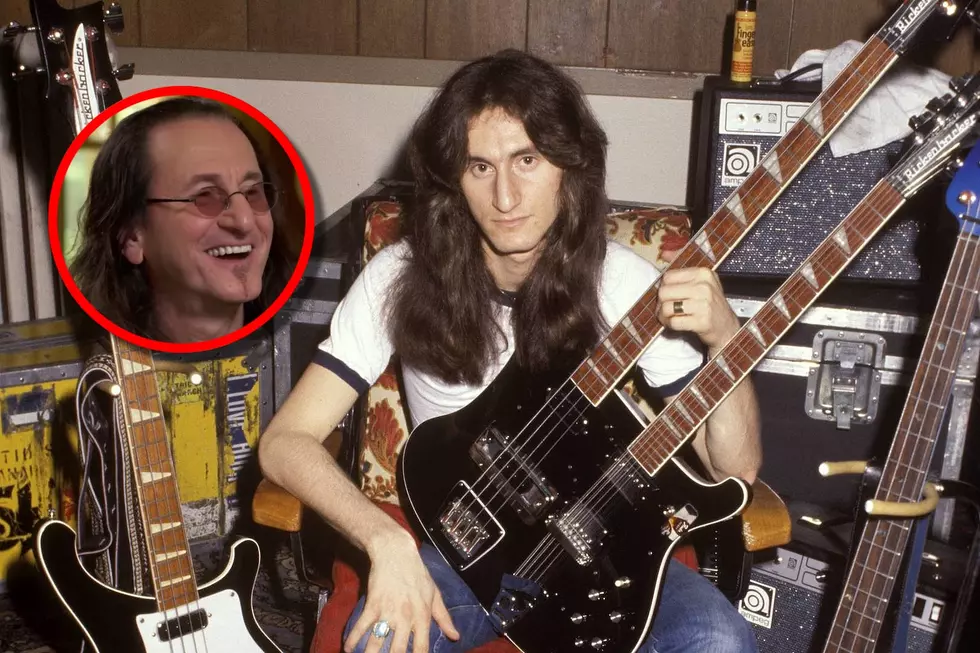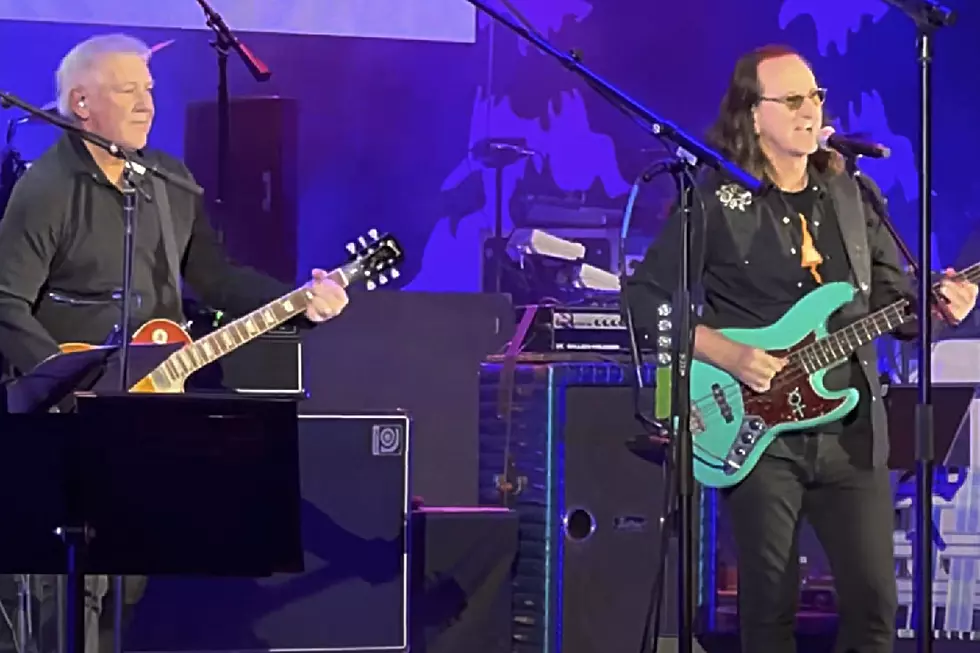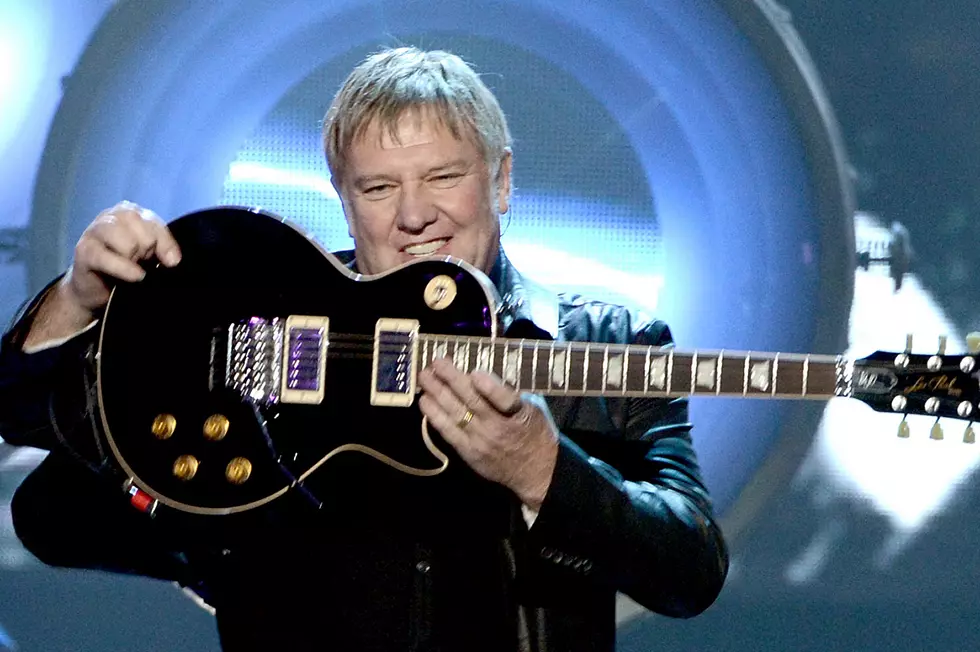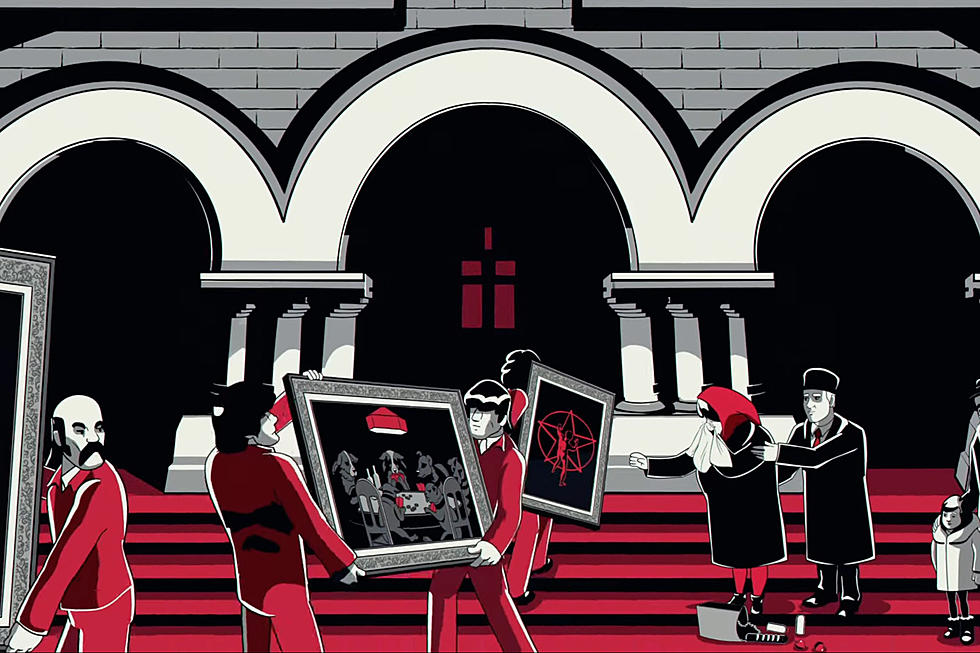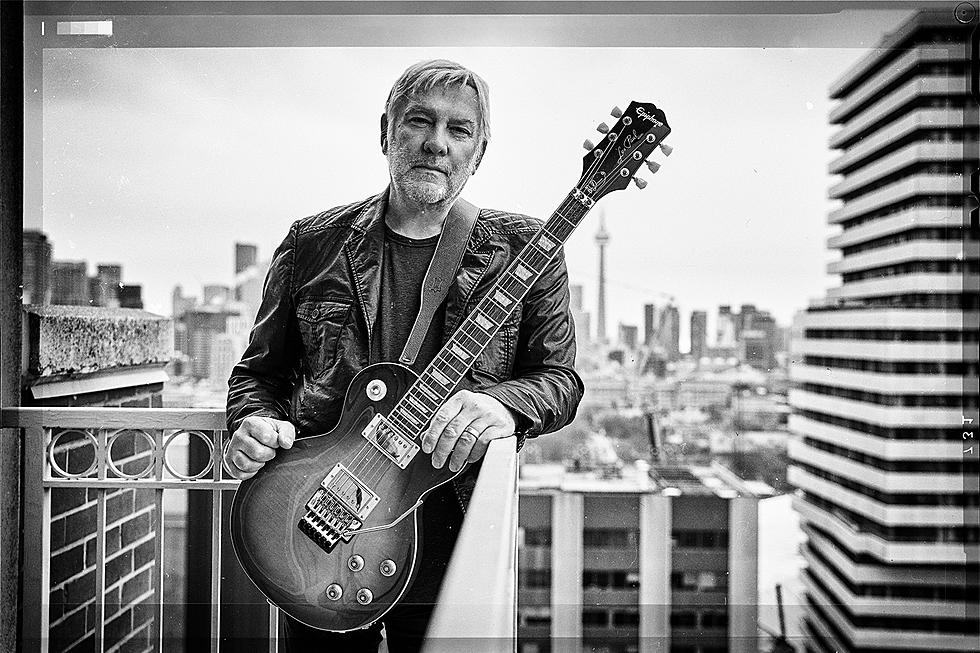
Alex Lifeson’s Early Guitars: ‘We Didn’t Have a Lot of Money’
Alex Lifeson’s journey as a young guitarist included two instruments given to him by his parents. First came an acoustic and then an electric that he’s now in the process of restoring to its original state.
But back then the Rush guitarist had his heart set on a Gibson, spending hours at the local music store (and frequently getting kicked out) before he finally pulled together the funds to purchase a 1968 ES-335. “I don’t know why I was drawn to the ES line," he tells UCR. "I think it was because most people were playing SGs or Strats or Les Pauls. I wanted something different. I always admired [Jefferson Airplane's] Jorma Kaukonen and Alvin Lee [of Ten Years After], both ES players. I thought, ‘Yeah, that looks a little different.’”
Playing the ES-335 in a “loud rock band” presented challenges, Lifeson recalls. “I used to have that 335 stuffed with cotton, just to cut down on the vibrato,” he explains. “I did the same with the 355, but the 355 has that big solid block inside, so it was a heavier, denser guitar that didn’t quite vibrate the same. It was a little more manageable.”
He speaks with a fondness in regards to the instrument, even today, noting how it "whistled and screams constantly." "I like the shape of it," he says. "How it feels on your body and how your hand holds the neck. It’s one thing to hold the neck up like you would with a double-neck for example. It’s another thing to just have it there that your hand is on, nice and loose and playing away.”
Watch 'Alex Lifeson and Gibson - A 50 Year Ride'
A trip to visit Gibson's factory in 1976 yielded one of his most beloved instruments, a 1976 ES-355. “I wanted to get a double-neck. I [also] wanted to get a really nice ES guitar and the Dove" [acoustic, which he used on “Closer to the Heart”], he remembers. “When I was there looking at things, I was just caught totally by the 355 and the ones that we saw there. We spent some time developing it and the colors and all of that stuff. Even then, we didn’t have a whole lot of money. Getting these guitars was a really big deal and very exciting.”
The Gibson EDS-1275 double-neck proved to be a heavy instrument. “I was really excited about it. I admired Jimmy Page so much," he says. "More importantly, we were starting to write music where I could really incorporate the 12-string. But it’s an unwieldy guitar. It’s very head heavy. So you really literally have to hold the guitar up with your left hand while you’re playing it.”
Lifeson is happy to now be able to send other guitarists on a similar journey with his new Epiphone signature model. “It’s a really great utility guitar," he notes. "You can use it for a lot of stuff, as I did. I incorporated all of those features in our music playing live. I needed all of those things, and here’s a nice little package that has all of that.”
The new guitar is based on a previous signature edition Lifeson developed with a sister company a decade ago. At the time, he focused on coming up with a guitar he would want to buy himself. “It’s one thing to plaster your name on an instrument, and they sell it based on your signature on the thing," he explains. "But I really wanted to have a guitar that was my design. I told them about the things that I really wanted and what I needed. For the live application, I needed a piezo so that I could blend in acoustic character. I wanted to be able to get up high on the neck. I needed the vibrato arm.”
All of that was incorporated into the instrument, and it wasn’t long before Lifeson received the ultimate endorsement. “I was proudest when I heard that a bunch of Nashville session players bought the guitar, because they felt it had great utility for their purposes,” he says.
The Epiphone edition carries over all of the features of the previous Gibson version but at a more affordable price. (The new guitar goes for $899; the Gibson listed for $6,111.) "When they wanted to do this, my biggest concern was are we going to have comparable quality?” Lifeson says. “There’s really quite a big gap between pricing. But they came up with this beautiful guitar.”
Top 100 '70s Rock Albums
More From Classic Rock 105.1
